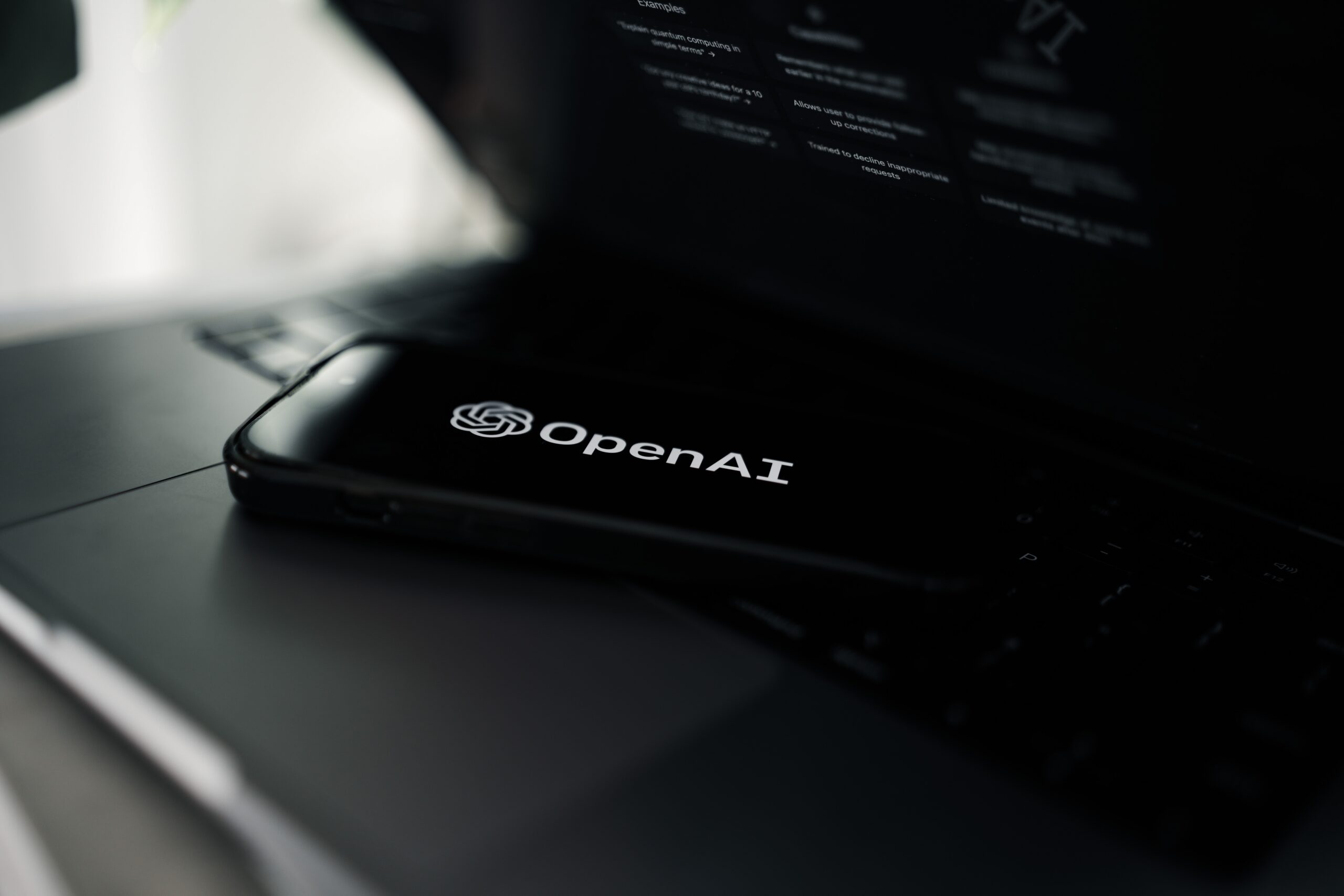Tuesday, September 12, 2023
2:00 p.m. to 2:30 p.m. Eastern
1:00 p.m. to 1:30 p.m. Central
12:00 p.m. to 12:30 p.m. Mountain
11:00 a.m. to 11:30 a.m. Pacific
In the wake of recent, controversial Illinois Supreme Court decisions regarding BIPA claims, this webinar explores the implications of these decisions and what’s next on


